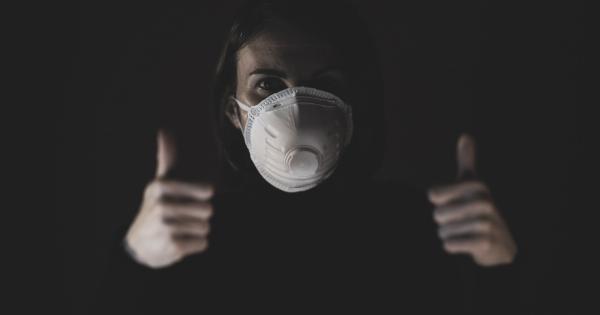Asthma is a chronic respiratory condition that affects the airways of the lungs. It causes inflammation and narrowing of the airways, leading to difficulty breathing, coughing, and wheezing.
The severity of asthma varies from person to person, and some people may find it difficult to control their symptoms, while others may experience occasional symptoms and require minimal medical intervention.
Recent research has shown that people with asthma may be at an increased risk of contracting and experiencing severe symptoms of Kronovirus (COVID-19).
What is Kronovirus (COVID-19)?
Kronovirus, also known as COVID-19, is an infectious disease caused by a novel coronavirus. The virus was first identified in Wuhan, China, in December 2019.
Since then, it has spread to become a global pandemic, with millions of confirmed cases and hundreds of thousands of deaths.
The most common symptoms of Kronovirus include fever, coughing, and difficulty breathing. The virus spreads through respiratory droplets produced when an infected person talks, coughs, or sneezes.
It can also spread by touching a contaminated surface and then touching the face without washing the hands first.
The Link Between Asthma and Increased Risk of Kronovirus
Several studies have shown that people with asthma may be at an increased risk of contracting Kronovirus and experiencing severe symptoms.
According to the Centers for Disease Control and Prevention (CDC), people with moderate to severe asthma may be at a higher risk of becoming seriously ill from the virus than people without asthma.
The exact reason for this increased risk is not yet clear. However, it is thought that the chronic inflammation caused by asthma can weaken the immune system and make it more difficult for the body to fight off infections.
Additionally, people with asthma often have other underlying health conditions that can make it more difficult to manage the virus.
How to Reduce the Risk of Contracting Kronovirus for People with Asthma
For people with asthma, it is important to take extra precautions to reduce the risk of contracting Kronovirus. These measures include:.
- Washing hands frequently with soap and water for at least 20 seconds.
- Avoiding close contact with people who are sick.
- Wearing a mask when in public places.
- Cleaning and disinfecting frequently touched surfaces regularly.
- Avoiding touching the face, especially the eyes, nose, and mouth.
- Maintaining at least six feet of distance from others when in public.
- Practicing good asthma control by taking prescribed medications as directed by a healthcare provider.
While it is important to take these measures, it is equally important to continue asthma treatment and management. This includes taking prescribed medications regularly and keeping asthma action plans up to date.
Conclusion
Asthma is a chronic respiratory condition that can increase the risk of contracting Kronovirus and experiencing severe symptoms.
People with asthma should take extra precautions to reduce the risk of contracting the virus, while also continuing to use prescribed medications to keep the condition under control. By taking these measures, people with asthma can protect their health and reduce the risk of complications from Kronovirus.





























